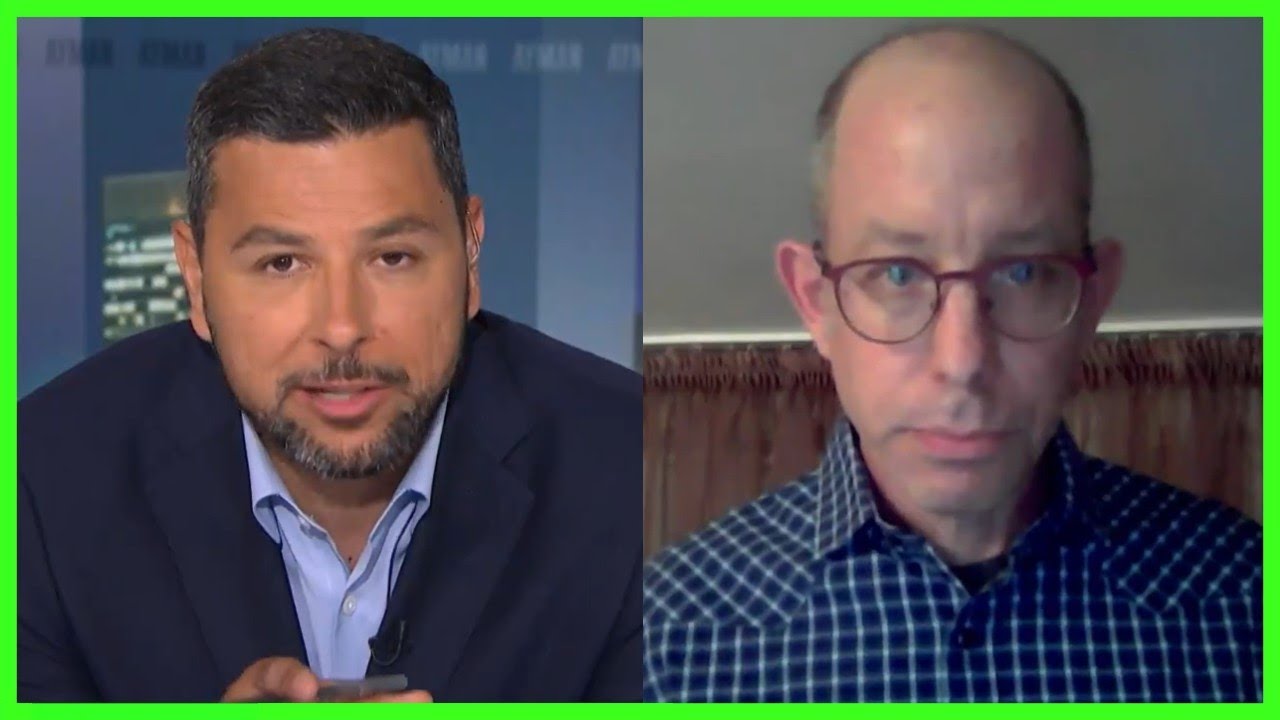Holocaust Denial Criminalisation | Lizzie Watson | Opposition
Summary
TLDRThe speaker argues against allowing Holocaust denial, positioning it as a form of hate speech that breeds intolerance, harms community relations, and threatens safety. She reflects on learning about the Holocaust as a child through impactful stories. While acknowledging the importance of free speech, she contends protections must be balanced against human rights. Through examples in her native Yorkshire, she shows how denial connects to broader discrimination, politically-motivated distortion of history, and tacit enablement of hate crimes. She concludes that gross denial is hate speech, should be criminalized as unlawful, and that opposing this protects all communities.
Takeaways
- 😊 It advocates holocaust denial criminalization while valuing free speech but against hate crimes
- 😔 Details atrocious murder of 150 Jews in 1159 in York
- 😟 Claims holocaust denial is anti-semitic hate speech promoting intolerance like blood libel against Jews
- 😠 Criticizes allowing holocaust denial breeding intolerance and harming community relations
- 🤔 Questions motivations behind holocaust denial having hidden political agenda
- 😢 Reflects on implications of Islamophobia post 9/11 terror attacks
- 😡 Asserts holocaust denial causes emotional harm escalating to hate crimes against Jews and Muslims
- 🧐 Contrasts sophisticated spacious denier arguments against qualitative/quantitative implications
- 😤 Urges criminalizing holocaust denial as hate speech and hate crime diminishing society
- 😌 Cites multicultural strength with previous Jewish and Muslim mayors in Leeds
Q & A
What is the main topic being debated in the transcript?
-The main topic is whether holocaust denial should be criminalized.
What is the speaker's view on the criminalization of holocaust denial?
-The speaker opposes the motion and supports criminalizing holocaust denial.
How does the speaker use the story The Boy in the Striped Pajamas to make their point?
-The speaker uses the story to illustrate how most children in Europe are introduced to the holocaust at a young age, reinforcing that it is an undeniable historical fact.
What is the speaker's argument regarding freedom of speech and holocaust denial laws?
-The speaker acknowledges the importance of free speech but believes there needs to be a balance with protecting individuals and minorities from hate speech and crime.
Why does the speaker cite their Yorkshire background when discussing anti-semitism?
-To provide a personal perspective and reference the history of anti-semitism in the area, linking historical anti-semitism to modern day holocaust denial.
What is the speaker's view on the motivation behind holocaust denial?
-The speaker believes the motivation lies in promoting harmful, anti-semitic views rather than genuine historical debate.
How does the speaker use the example of 9/11 and Islamophobia?
-To argue that failing to address emotions created by events like 9/11 can breed intolerance, just as allowing holocaust denial breeds intolerance.
What is the speaker's main argument against tolerance of holocaust denial?
-The speaker argues that being tolerant of holocaust denial allows intolerance to spread, creating harm and hate that diminishes society.
How does the speaker relate holocaust denial to hate crimes?
-The speaker argues holocaust denial is a form of hate speech that can escalate fears and emotional responses, leading to increased hate crimes.
What does the speaker urge others to do regarding the motion?
-The speaker urges others to oppose the motion and support criminalizing holocaust denial.
Outlines

This section is available to paid users only. Please upgrade to access this part.
Upgrade NowMindmap

This section is available to paid users only. Please upgrade to access this part.
Upgrade NowKeywords

This section is available to paid users only. Please upgrade to access this part.
Upgrade NowHighlights

This section is available to paid users only. Please upgrade to access this part.
Upgrade NowTranscripts

This section is available to paid users only. Please upgrade to access this part.
Upgrade NowBrowse More Related Video

Elie Wiesel: Universal Lessons of the Holocaust

Hate Speech Explained | Where Does It Start?

Should Governments BAN HATE Speech? AI debates

Candace Owens on the Similarities Between Jacinda Ardern & Kamala Harris

Justin Trudeau & Pierre Poilievre speaks at holocaust remembrance day service in Ottawa

SHOCK: MSNBC Host Exposes Zionist LIES | The Kyle Kulinski Show
5.0 / 5 (0 votes)